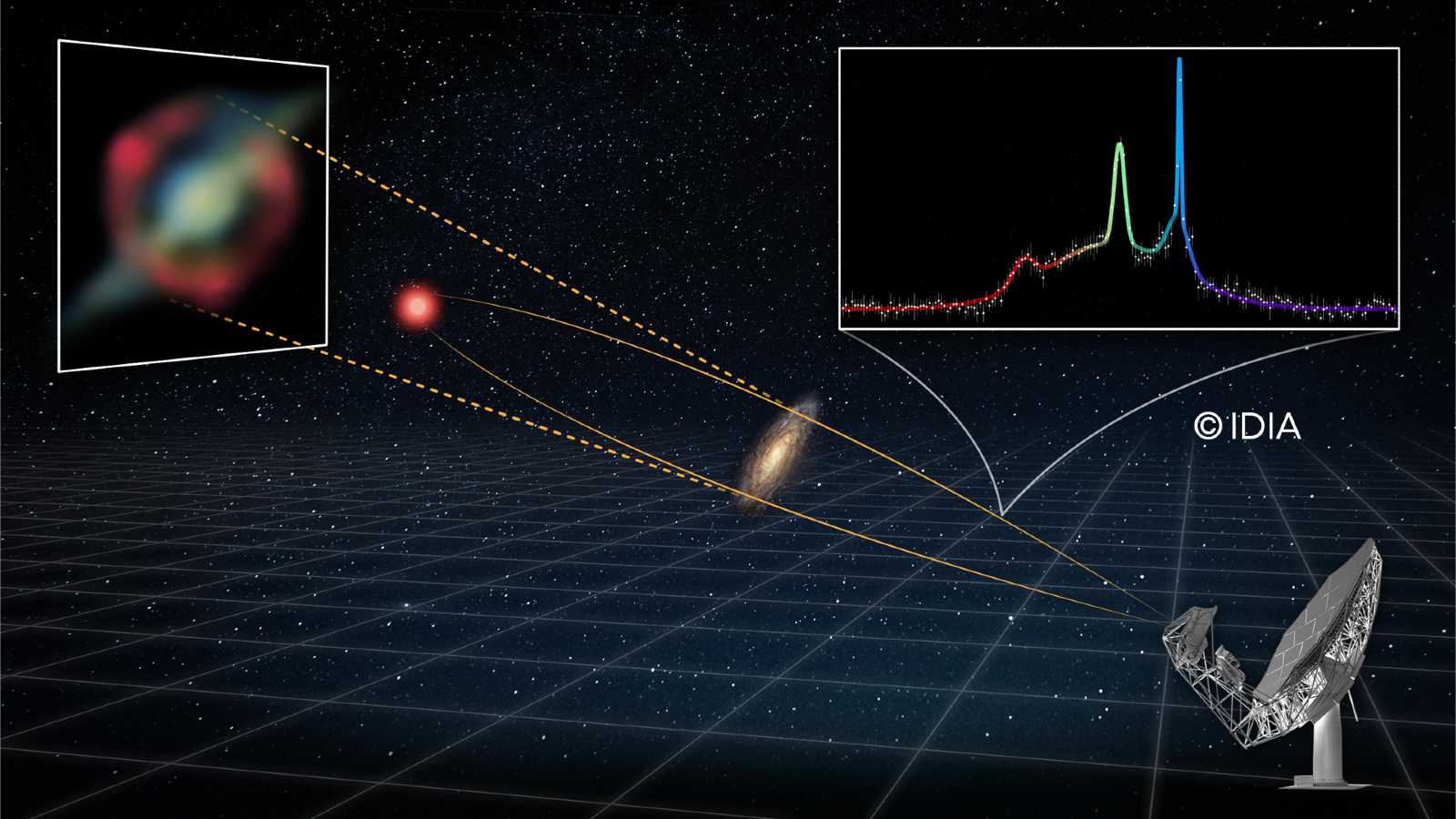Life's Little Mysteries: Science questions, answered

The world can be a pretty mysterious place and we at Live Science love to ask and answer scientific questions about mysteries big and small: about ancient civilizations, our planet and our solar system, the plants and animals that live alongside us, our bodies and how they work, and the technologies that we use every day.
Join us on this exciting voyage of discovery and downright weirdness as we solve … Life's Little Mysteries.
Sign up for our weekly Life's Little Mysteries newsletter to get the latest mysteries before they appear online.
Latest about Life's Little Mysteries
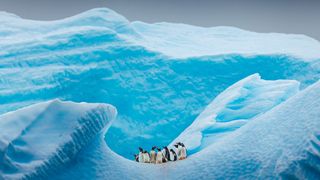
When was the last time Antarctica was ice-free?
By Victoria Atkinson published
Antarctica is covered by a miles-thick ice sheet, but was that always the case? And when was the coldest continent ice-free?

Do you weigh more when an elevator goes up or when it comes down?
By Larissa G. Capella published
Your weight doesn't change because of gravity but because the floor pushes back. Physicists explain why elevators briefly make you feel heavier or lighter.

Did the Vikings reach Maine?
By Owen Jarus published
An 11th-century Norse coin found in Maine raises the question of whether the Vikings landed there.
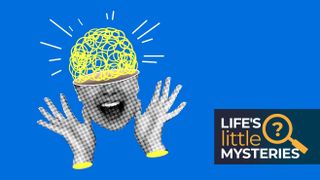
60 mind-blowing science facts about our incredible world
By Laura Geggel last updated
Life's Little Mysteries If you're looking for weird facts about animals, gross human body facts or just something a bit random, get ready to geek out with these fascinating bits of trivia.

How can deserts form next to oceans?
By Sara Hashemi published
Deserts are notoriously dry, so why do so many of them border oceans?

What is rigor mortis, and why does it happen?
By Isabel Gil published
Bodies usually stiffen after death in a process known as rigor mortis. But why does this happen, and how long does it last?
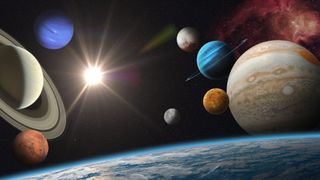
How long do most planets last?
By Sara Hashemi published
Planets are born, and they can also "die." So what's the lifespan of a typical planet?
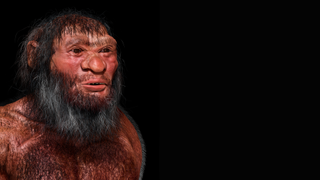
What are ghost lineages, remnants of the past that still exist in our DNA today?
By Tom Metcalfe published
Ghost lineages reveal themselves through ancient genes that still exist in living beings today.
Get the world’s most fascinating discoveries delivered straight to your inbox.
 Live Science Plus
Live Science Plus












